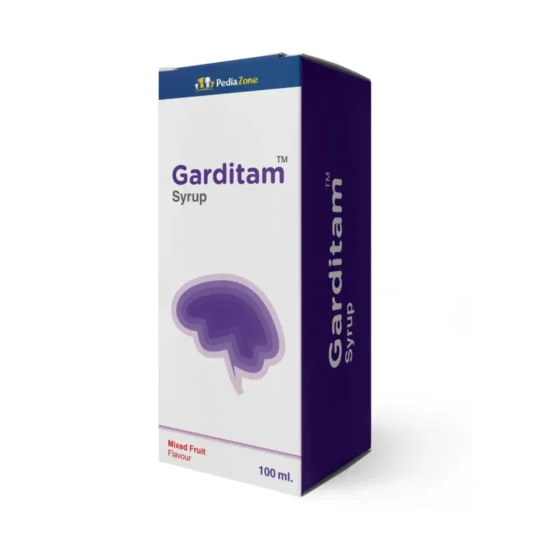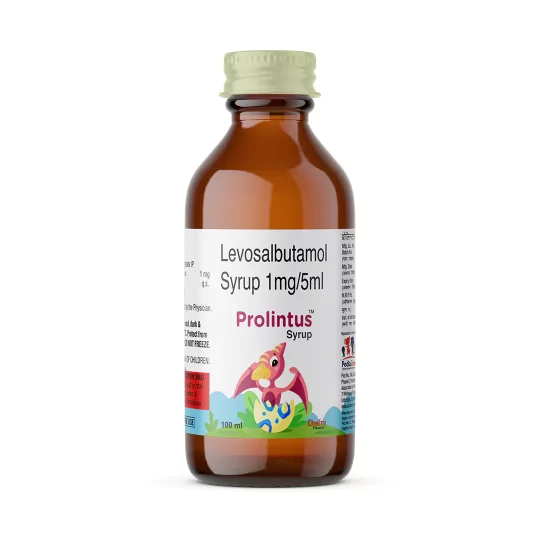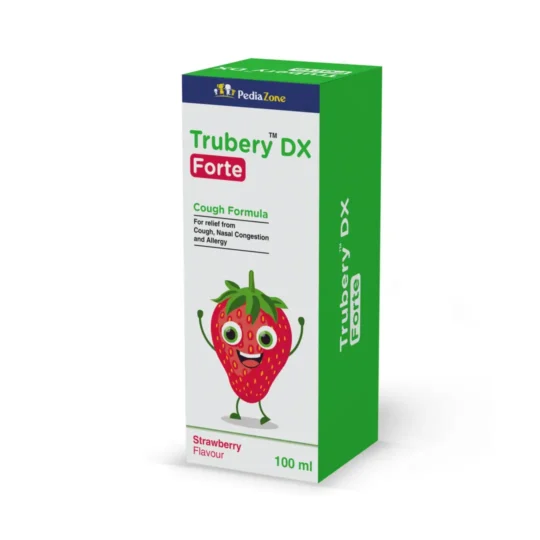Therapy / Class: Antacid / H2 Receptor Antagonists
Mechanism of Action:
Ranitidine competitively inhibits the binding of histamine to receptors on gastric parietal cells (designated as the H2-receptor), thus reducing basal and nocturnal gastric acid secretion. The drug also decreases the amount of gastric acid released in response to stimuli such as food, betazole, or pentagastrin. Ranitidine reduces the total volume of gastric juice, thereby indirectly decreasing pepsin secretion.
Indications:
- Gastroesophageal Reflux Disease (GERD) (Short-term treatment)
- Erosive Esophagitis
- Peptic Ulcer Disease (Duodenal Ulcer or Gastric Ulcer)
- Gastritis
Dosage & Administration:
- Gastroesophageal Reflux Disease (GERD) (Short-term treatment): 5 to 10 mg/kg/day orally divided 2 to 3 times per day (Max: 300 mg/day)
- Erosive Esophagitis: 5 to 10 mg/kg/day orally divided 2 to 3 times per day (Max: 600 mg/day).
- Peptic Ulcer Disease (Duodenal Ulcer or Gastric Ulcer) & Gastritis: 2 to 4 mg/kg/dose orally twice daily (Max: 300 mg/day).
HOW SUPPLIED:
RANIPEDIA SYRUP is available as syrup in 100 ml pack.
References:
- Complement Ther Med. 2019 Aug; 45: 215-221.
- Aliment Pharmacol Ther. 2002 May; 16(5):899-907.
- International Journal of Contemporary Pediatrics | October 2022 | Vol 9 | Issue 10 Page 987





